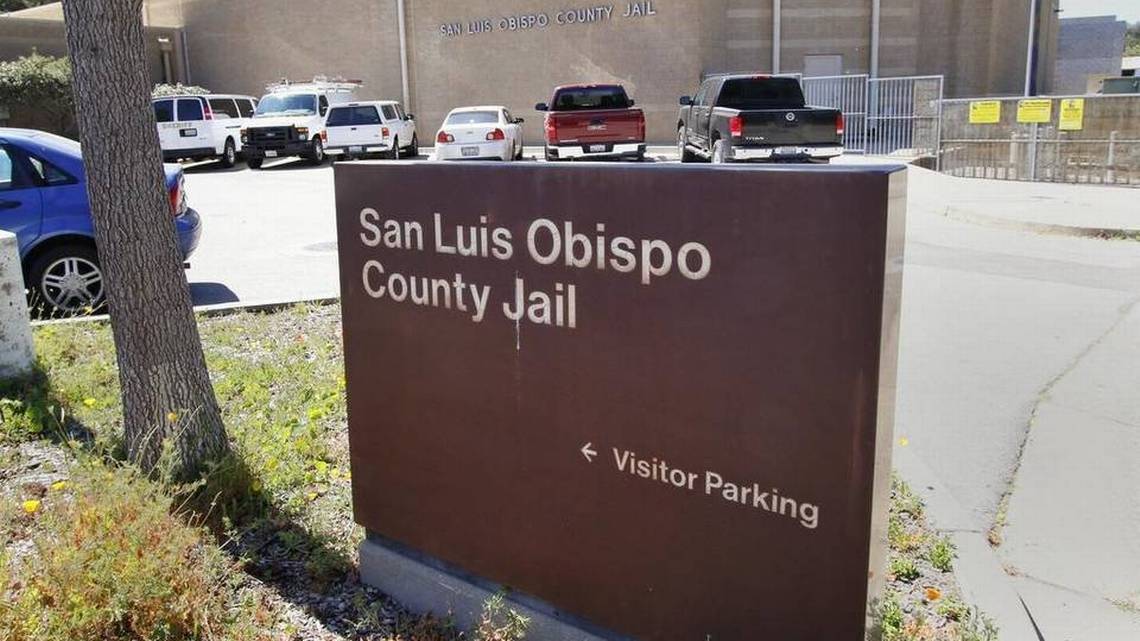
By Hetva Joshi, Savannah Dewberry, Jeramie Gutierrez
SAN LUIS OBISPO, CA – The U.S. Department of Justice (DOJ) this week detailed the agreement with the San Luis Obispo County (SLO) prison following failure to comply with the Americans with Disabilities Act (ADA).
The DOJ opened an investigation into the SLO prison after a former inmate with mobility problems alleged that he was not provided an accessible cell or shower, which resulted in repeated falls and broken leg.
The same inmate also alleged that the SLO prison prevented him from certain recreational activities and programs due to his disability and isolated him from other inmates.
ADA prohibits discrimination against people with disabilities, including with regard to access to such local government programs and services.
“People with reduced mobility are entitled to access to cells and showers that they can use safely while in detention,” said the acting US attorney for the Central District of California  Tracy L. Wilkison.
Tracy L. Wilkison.
The settlement came after the DOJ’s investigation found deep deficiencies in the SLO prison’s compliance with the ADA. First and foremost, the agreement requires the SLO prison to make architectural changes that allow inmates with disabilities better access to wheelchairs, holding cells and visiting rooms.
The SLO prison also committed to training staff in the ADA, appointing an ADA coordinator, and establishing an ADA complaint process. The complainant is paid a payment of $ 175,000 in compensation for his pain and suffering.
Assistant Attorney General Kristen Clarke of the Civil Rights Division said the agreement was important to uphold equality in prisons.
“Compliance with the Americans with Disabilities Act ensures that inmates with disabilities have equal access to basic necessities such as showers and sleeping areas, as well as all activities offered to inmates without disabilities,” she said in the statement released by the DoJ.
Complaints about the lack of adequate medical care in the SLO Jail are not new.
In 2017, SLO inmate Andrew Holland died of pulmonary embolism after being held in an isolation cell for 10 days and then in a chair for 46 hours. Although a court specifically ordered that appropriate psychiatric treatment should be given to treat his schizophrenia, the prison failed to administer the appropriate medication.
Later that year, inmate Kevin McLaughlin died of a heart attack after failing medical care at SLO prison despite making it clear he was hospitalized.
The comparison points to a wider need for prison reform.
In a 2012 national study, the Bureau of Justice Statistics wrote that 40 percent of prison inmates have at least one disability, making them four times more likely to have a disability compared to the general population.
Prisons across the country do not provide equal and adequate treatment, despite widespread disabilities. Several other prisons, including Santa Rita Prison, Donovan Correctional Facility, and Shasta County Prison, have been implicated in similar violations.
Hetva is a senior at Henry M. Gunn High School in Palo Alto, California. She wants to use her voice to advocate justice in the legal and economic sectors.
Savannah Dewberry is a student at the University of San Francisco. She is studying media studies with a minor in journalism. Savannah Dewberry is from East Bay and currently resides in San Francisco.
Jeramie Gutierrez is a fourth year major in French and law and sociology minor at the University of San Francisco with a growing interest in law.
To sign up for our new newsletter – Everyday Injustice – https://tinyurl.com/yyultcf9


